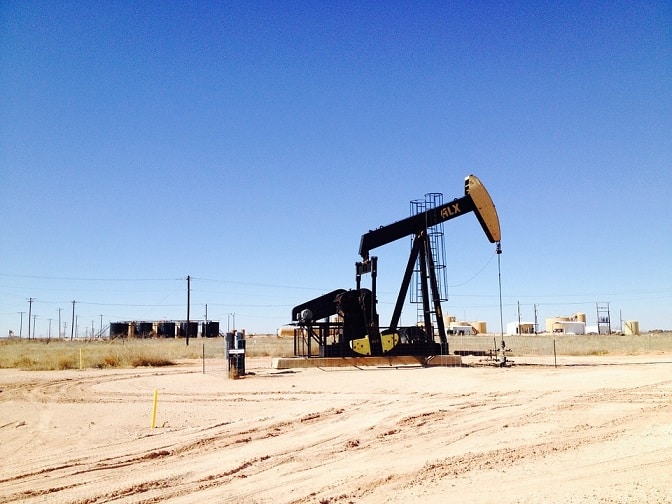Hydraulic fracturing or fracking as it is more commonly known, is the use of pressurised fluid to fracture a rock layer, especially for the subsequent extraction of oil and gas and is a very controversial act which millions across the globe are campaigning against for its side-effects.
Although big oil companies argue, millions have been spent in research to prove the damage that fracturing does to the environment, and now a study that was done to investigate any link between drilling well density and health care has found that areas with higher fracking density also had higher rates of hospitalisation.
Fracking Accounts for Higher Hospitalisation Figures
A study done by the University of Pennsylvania and Columbia University and supported by the US National Institute of Environmental Health Sciences was recently published in the open access journal PLoS ONE.
The study revealed that residents’ proximity to active wells are exposed to noise, social stressors and various toxins due to hydraulic fracturing near their homes, and this may be adding to the increased number of hospitalisations in their area.
This is one of the most comprehensive studies to link health effects with hydraulic fracturing to date, and according to the study, more active hydraulic fracturing wells would definitely add to widespread inpatient rates over time due to the increase in potential toxicant exposure; stress responses in residents elicited by an increased hydraulic fracturing workforce and diesel engine use would also be a contributing factor.
According to the study, there is a marked rise in cardiology inpatient prevalence rates, which could be due to diesel exhaust and fine particulate matter. Hospitalisations for urological problems, neurological problems, skin conditions, and cancer have also risen in the areas researched during the study.
While the authors caution that their findings necessitate more work to ascertain any effects of specific, individual toxicants or combinations, Dr Panettieri, a professor of medicine and deputy director of the Centre of Excellence in Environmental Toxicology (CEET) at Penn’s Perelman School of Medicine and senior author, says that the study is important in that it provides clues to design further epidemiological studies to associate specific toxicant exposures with health end-points.
Rent bottled water coolers and mains fed water cooler from Living-Water. Buy office water cooler and water dispenser accessories in London. Read our water cooler blog for the latest industry news and articles.






